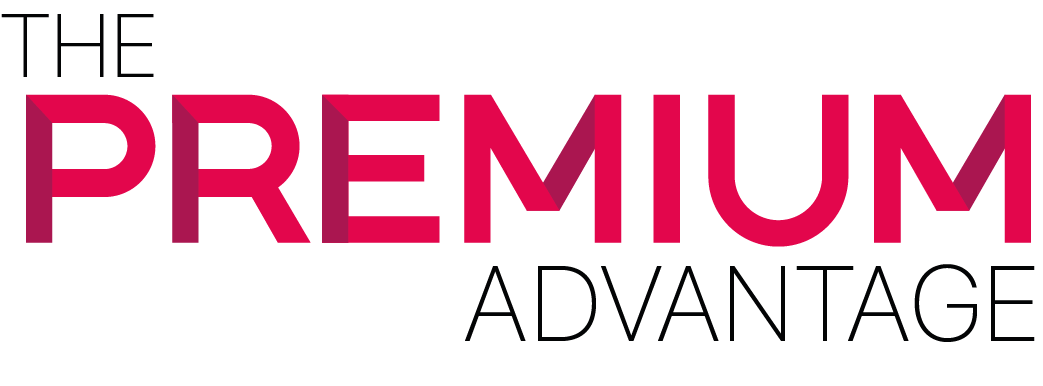President Trump’s first order of business included an executive order exercising his authority to amend the Affordable Care Act (ACA). President Trump’s executive order allows the Department of Health and Human Services discretion on “certain aspects of the Affordable Care Act”. It was unclear how this change would affect 2017’s income tax returns. But it appears that the IRS will be easing the enforcement mandate for health insurance coverage. Under law, taxpayers are required to demonstrate at least the minimum health coverage under the Affordable Care Act.
Taxpayers are required to have health coverage or risk fines from the IRS
Health coverage could be through the government such as Medicaid, Medicare, CHIP, and Veteran’s Affair. Other form of coverage could be through the Health Insurance Marketplace, private insurance or coverage provided by your employer. Taxpayers without coverage must sign a waiver or exemption based on hardship to avoid any penalty. For taxpayers facing a penalty for no coverage that amount will be figured on the 2016 tax return. A taxpayers shared individual responsibility penalty will be based on that individual’s adjusted gross income (AGI). This can be the higher of the following 2.5% of your AGI or $695 per adult and $347.50 per child with a maximum of $2085.
The IRS is urging taxpayers to continue filing electronic and paper returns. Taxpayers must file their tax returns indicating health coverage. If any taxpayer cannot verify health care coverage they would be charged a penalty on their return. Since the signing of the executive order the IRS has continued to process income tax returns as in the past. This process means that returns would not be rejected by the system during filing if coverage was not indicated. As with any other situations the IRS will contact a taxpayer if any questions arise regarding their tax return.
